Summaries of books about International Relations:
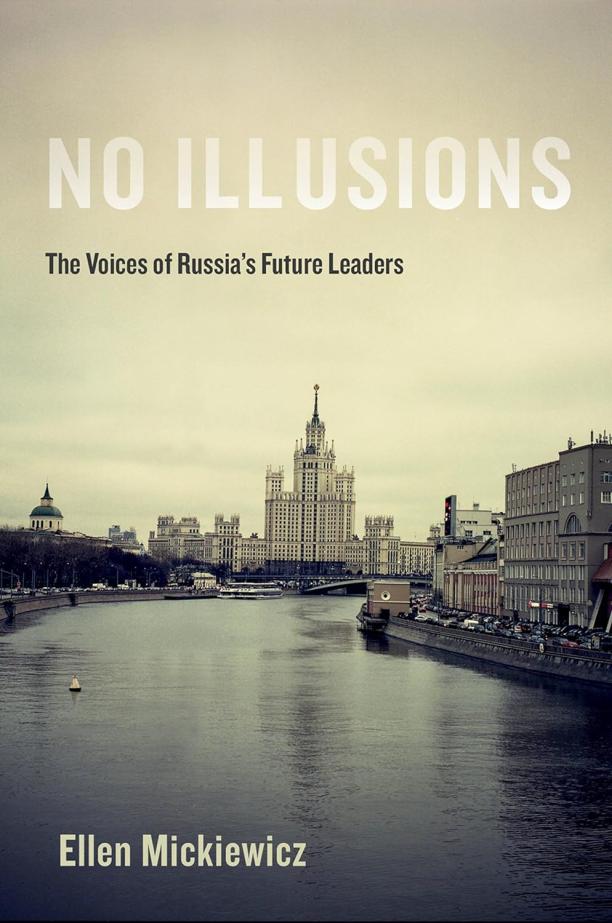
No Illusions
The Voices of Russia's Future Leaders
Ellen Mickiewicz
The book presents a comprehensive analysis of the attitudes and values of students at Russia's elite universities, offering insights into the perspectives of the country's future elite. It explores their views on democracy, governance, international relations, and the media, providing a window into the potential direction of Russia's political and social trajectory.
See full summary
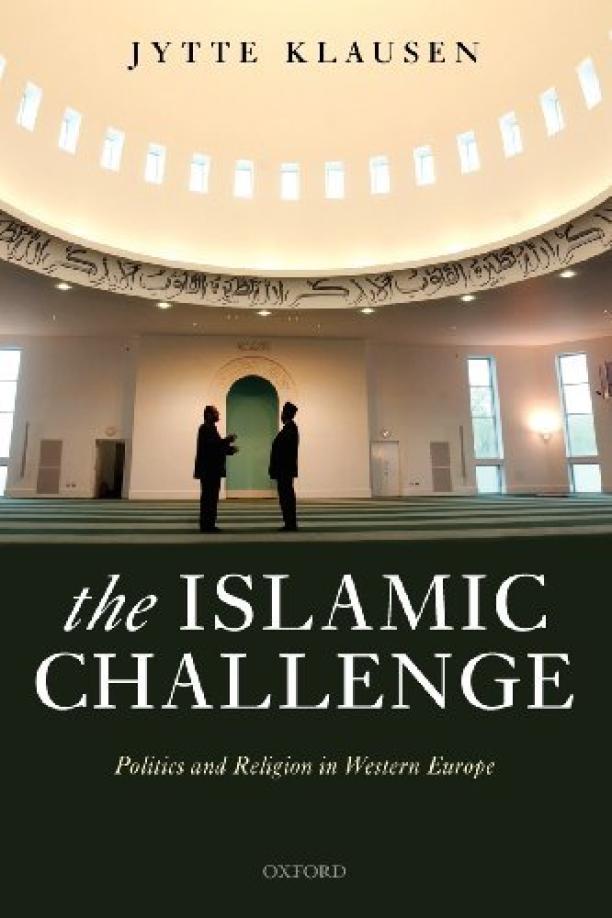
The Islamic Challenge
Politics and Religion in Western Europe
Jytte Klausen
The book examines the integration of Muslims into Western European societies, exploring the challenges posed by the presence of a growing Islamic population on politics, law, and social norms. It analyzes the tension between secularism and religious accommodation, discussing policy responses and the impact of Islamist movements on European democratic values.
See full summary
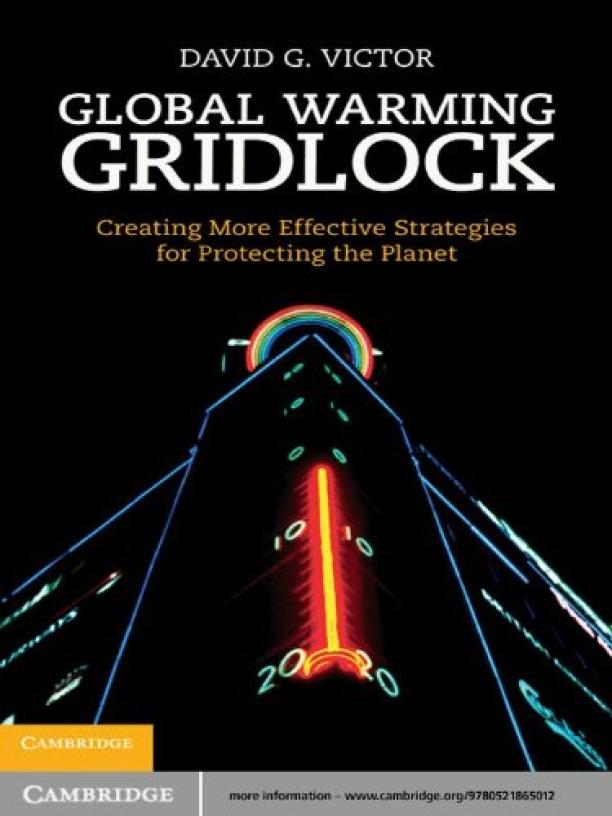
Global Warming Gridlock
Creating More Effective Strategies for Protecting the Planet
David G. Victor
The book analyzes the failure of traditional diplomatic approaches to address global climate change and suggests a new strategy focused on coordinated national policies and smaller-scale international agreements. It emphasizes the importance of practical solutions that can be implemented effectively and the importance of engaging major emitters in a more flexible, politically realistic framework.
See full summary
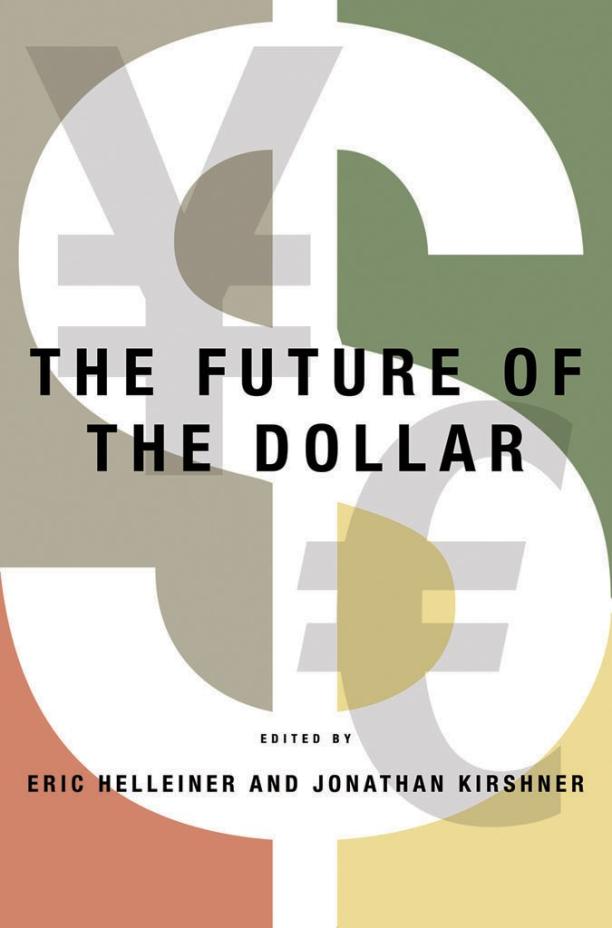
The Future of the Dollar
Eric Helleiner, Jonathan Kirshner
The book examines the historical resilience of the US dollar's international dominance and explores potential challenges to its status, considering economic, political, and technological factors that could shape the future of global currency dynamics. It provides a comprehensive analysis of the dollar's role in the world economy and assesses scenarios that might lead to shifts in the international monetary system.
See full summary

Over a Barrel
The Costs of U.S. Foreign Oil Dependence
John S. Duffield
The book examines the economic, political, and strategic costs of America's reliance on foreign oil, analyzing how this dependence affects national security and foreign policy. It also explores the implications for the U.S. economy and the environment, and discusses potential strategies for reducing the nation's vulnerability to volatile global oil markets.
See full summary
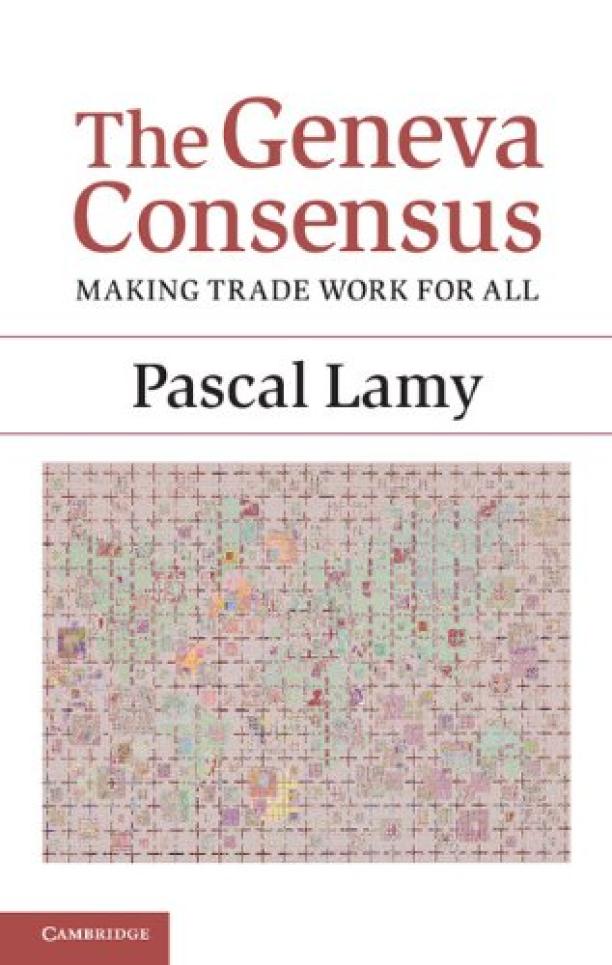
The Geneva Consensus
Making Trade Work for All
Pascal Lamy
The book examines the complexities of global trade, advocating for a system that balances economic efficiency with social justice and environmental sustainability. It discusses the role of the World Trade Organization and offers insights into how trade can be a positive force for all countries if managed with a consensus-driven approach.
See full summary
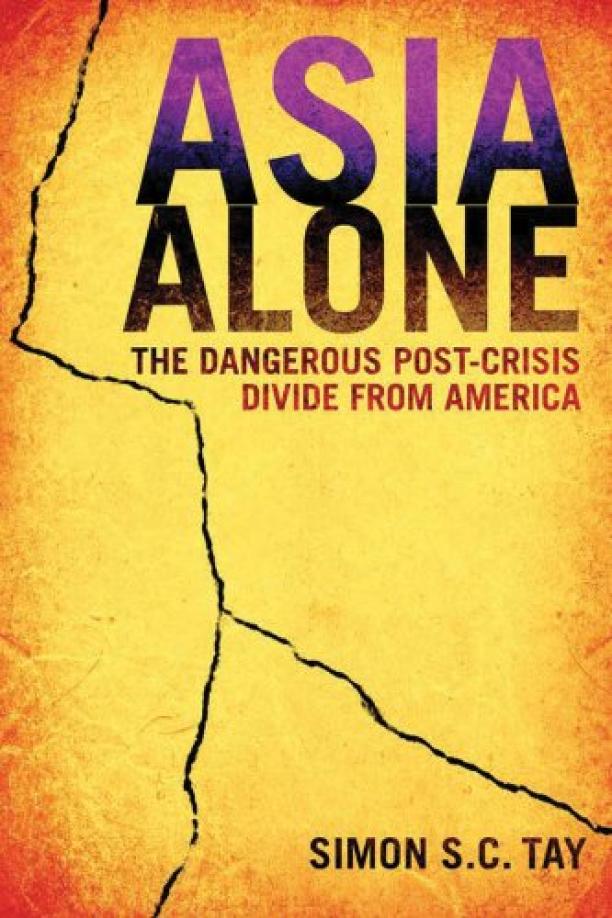
Asia Alone
The Dangerous Post-Crisis Divide from America
Simon S. C. Tay
The book examines the shifting dynamics in Asia following the global financial crisis, highlighting the region's increasing economic independence and confidence, which is leading to a potential distancing from the United States. It discusses the implications of this divide for global politics, economics, and security, suggesting that America must adapt to a new role to maintain its influence in an increasingly Asia-centric world.
See full summary
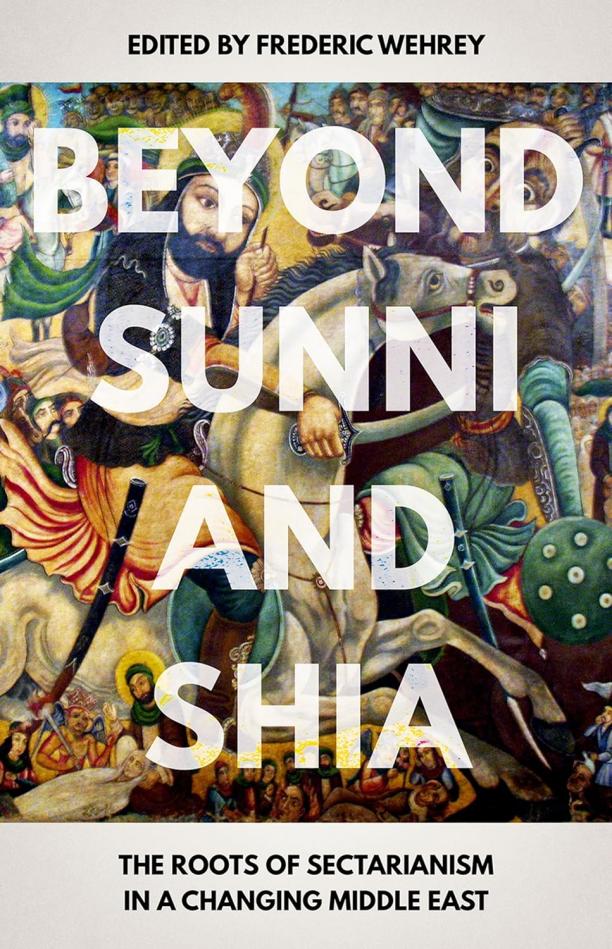
Beyond Sunni and Shia
The Roots of Sectarianism in a Changing Middle East
Frederic Wehrey
The book delves into the complex socio-political landscape of the Middle East, examining the historical and contemporary factors that have fueled sectarian tensions, particularly between Sunni and Shia communities. It explores the role of external powers, domestic politics, and social movements in exacerbating or mitigating sectarianism, offering insights into the regional dynamics and the implications for future stability and conflict.
See full summary
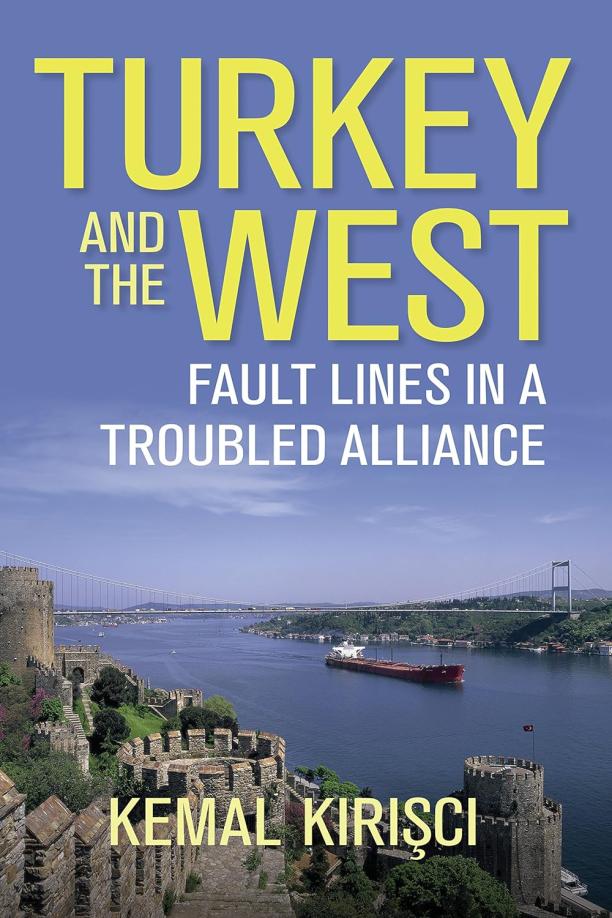
Turkey and the West
Fault Lines in a Troubled Alliance
Kemal Kirisci
The book examines the complex and evolving relationship between Turkey and Western nations, highlighting the political, economic, and cultural tensions that challenge the alliance. It delves into the factors that have led to disagreements and mistrust, such as differing approaches to regional conflicts, human rights issues, and Turkey's domestic policies, while exploring the implications for future cooperation and stability in the region.
See full summary
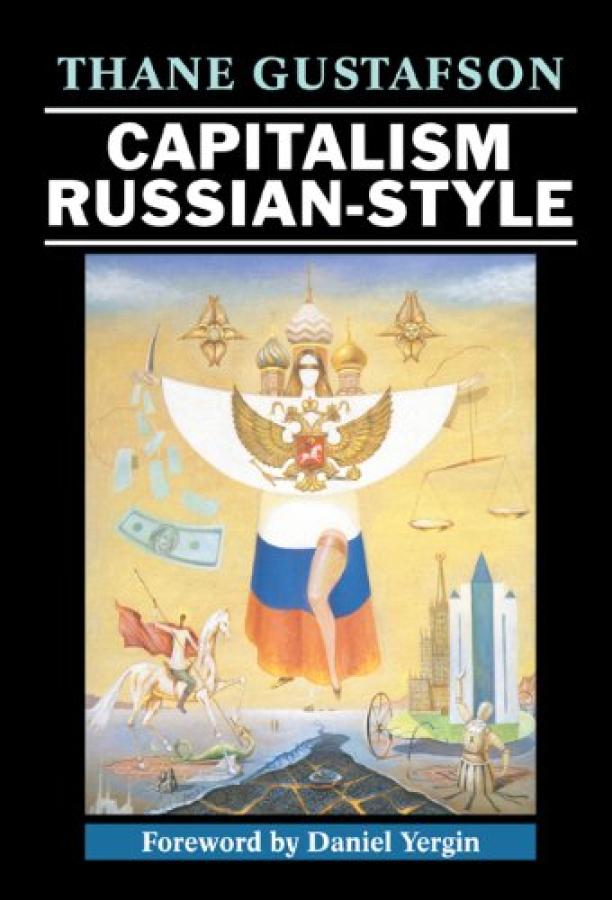
Capitalism Russian-Style
Thane Gustafson
The book provides an in-depth analysis of Russia's transition from a centrally planned economy to a market-oriented system following the collapse of the Soviet Union, focusing on the emergence of oligarchs, the privatization of state assets, and the challenges of building capitalist institutions in a post-communist society. It examines the interplay between economic reforms, political changes, and the influence of powerful business elites on the shaping of modern Russian capitalism.
See full summary